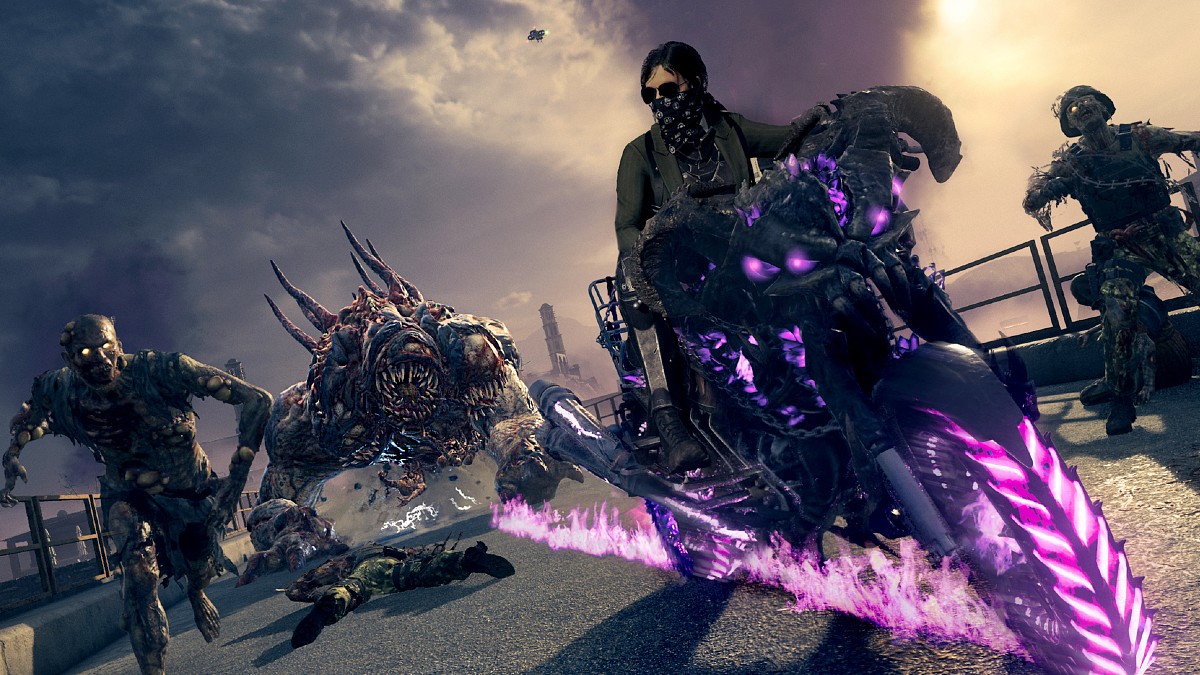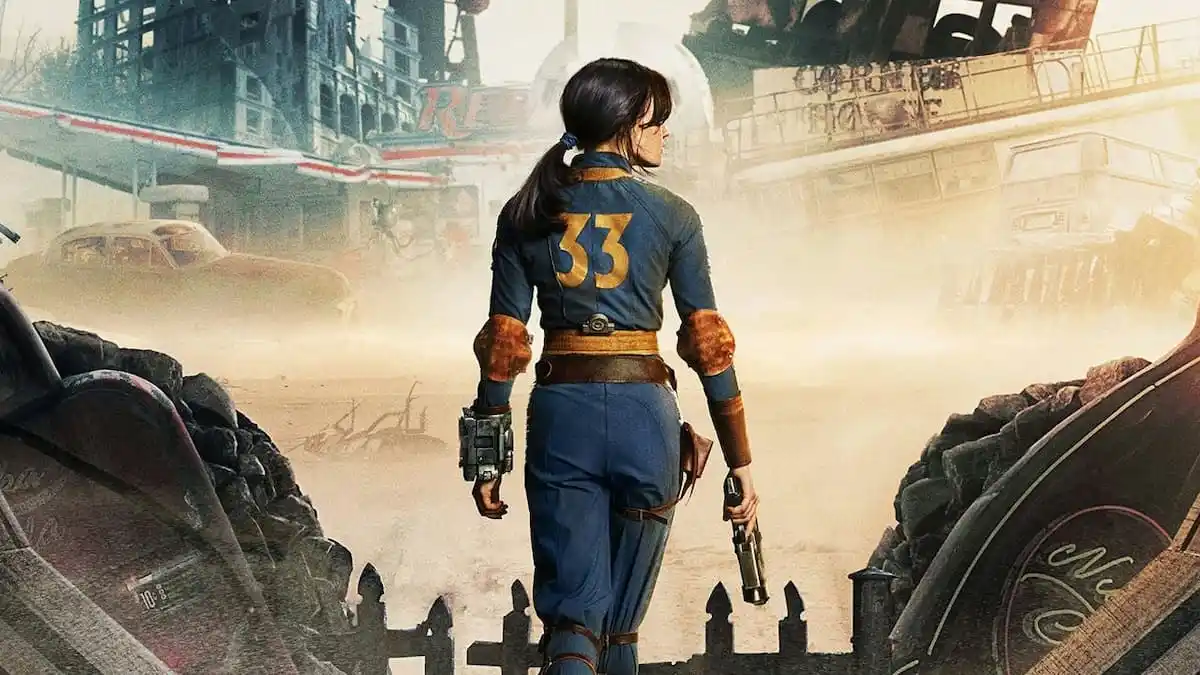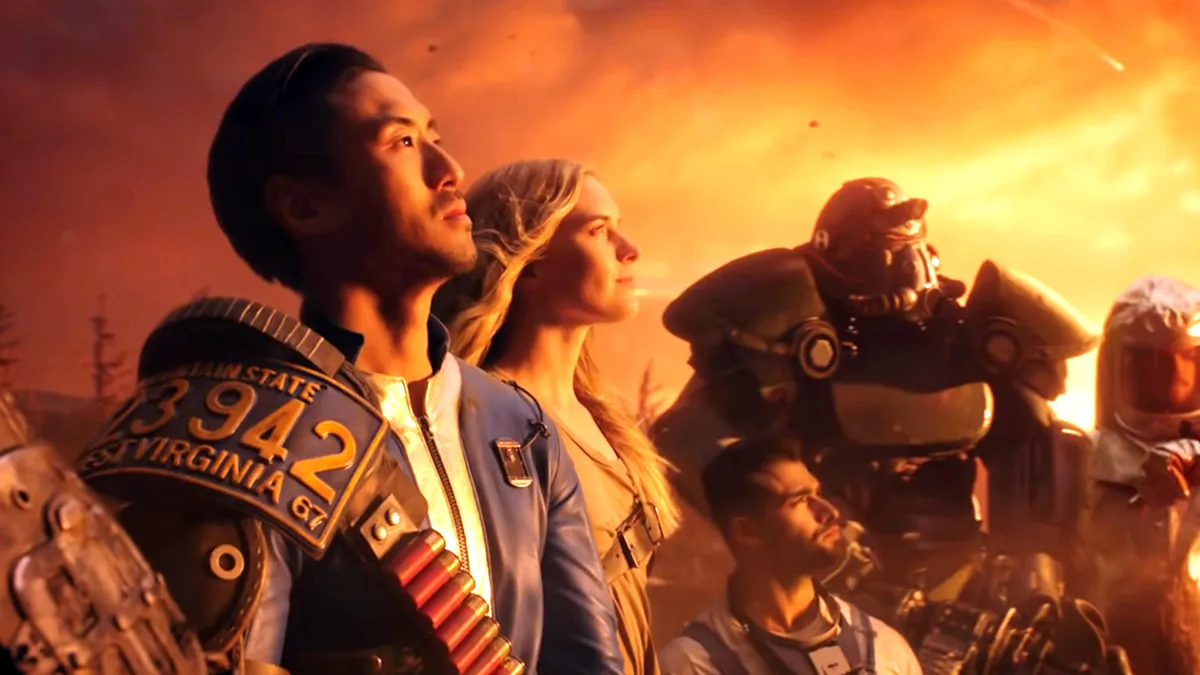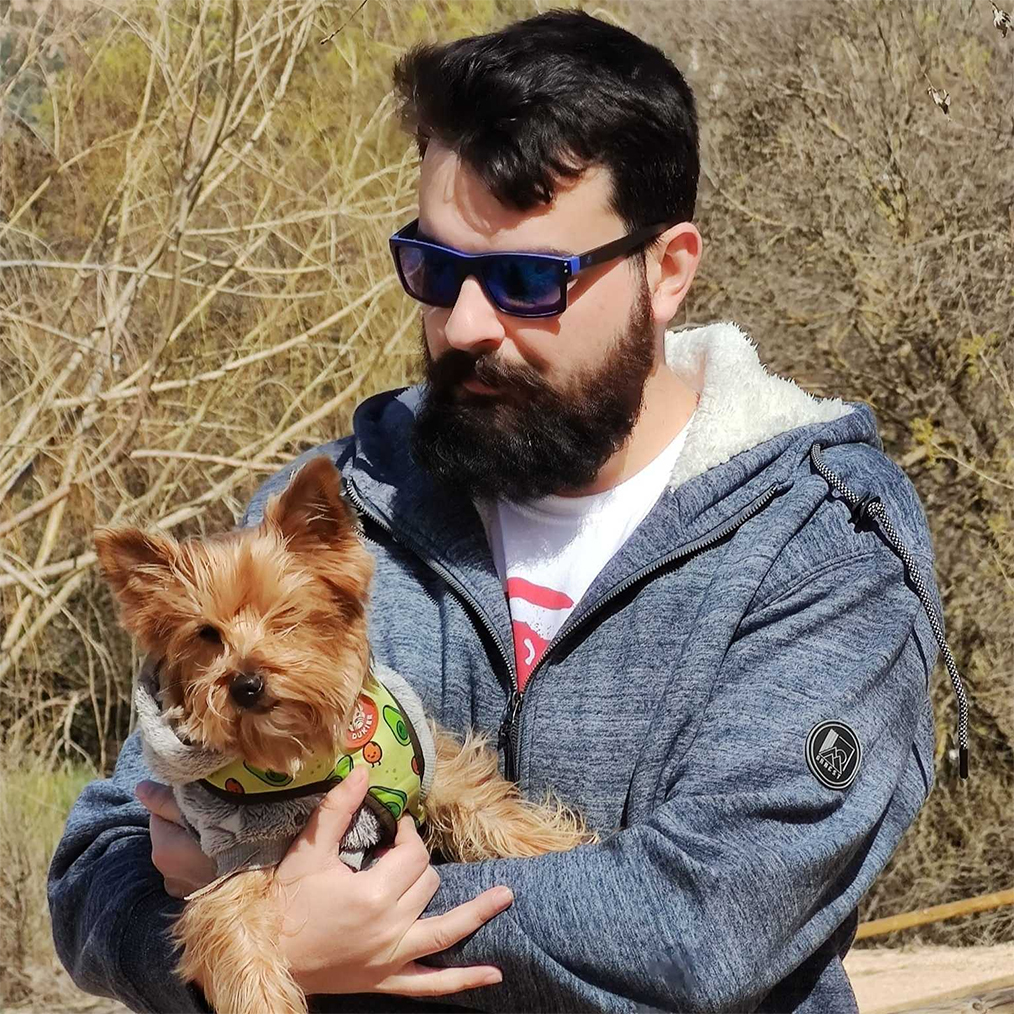A segment of last Monday’s massive Starfield showcase that stood out to me was the one where a developer told us she liked to create spaceships based on animal shapes. At that point, I instantly predicted that The Legend of Zelda: Tears of the Kingdom building enthusiasts will have a field day with Bethesda Game Studios’ next giant sandbox. In fact, both games might be quietly redefining AAA open-world design ahead of predictably fighting over GOTY awards later this year.
In 2017, The Legend of Zelda: Breath of the Wild came in and rewrote a good chunk of the modern open-world rulebook, which had barely changed since Skyrim and the early Assassin’s Creed titles. Mind you, climbable towers that revealed portions of the map and a handful of other familiar mechanics were still a thing, as video games from large publishers are rarely created in a vacuum. We can go all the way back to the beginnings of modern 3D open-world games with Grand Theft Auto III and Vice City and see how it all evolved over the years, adding and rethinking bits and pieces that had worked elsewhere. Now, it’s time for a more free-form type of open world to take over, and player creativity is the main driving force behind it.
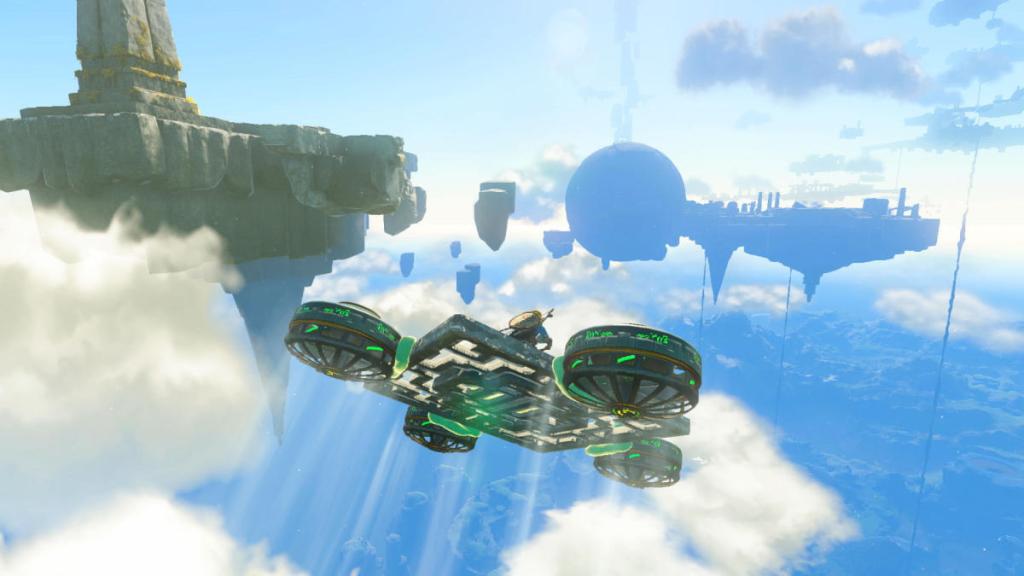
Image via Nintendo
We’ve all heard the stories of people struggling to stay focused while playing Breath of the Wild since it launched more than six years ago. In many cases, the game’s overall lack of on-rails quests even pushed many open-world fanatics away. All the ingredients were there, but Nintendo EPD truly believed in a more natural approach to exploring the world and progressing through the main story beats. We could even draw a comparison to The Elder Scrolls III: Morrowind (2002) and its more obtuse systems and ways of relaying information to the player. However, Breath of the Wild feels much more welcoming from the get-go and in the moment-to-moment gameplay, so that analogy doesn’t hold true in the long run.
Nintendo could’ve chosen to stick closer to a more traditional open-world experience for its sequel, but instead, the powers that be looked at the great numbers the game had made and focused on the mind-blowing ways in which the most dedicated players had begun to “break” Link’s latest adventure. In Tears of the Kingdom, the main questline and the secondary stories are much deeper and fun to follow, but the game as a whole feels tailor-made for those who never finished Breath of the Wild and were just content playing in a sandbox that felt genuine and carefree.
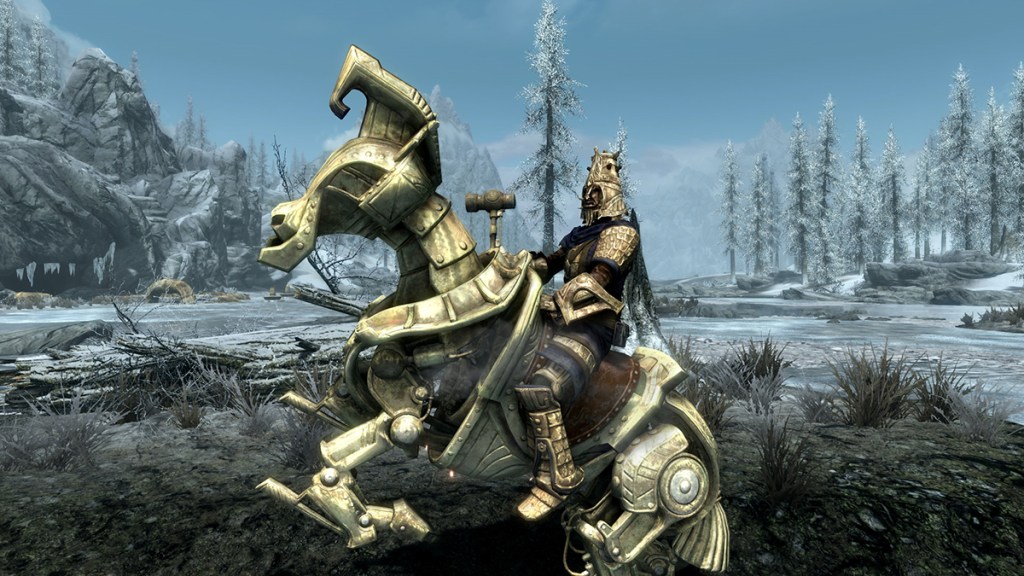
Image via Bethesda Softworks
For those of us who put an embarrassing amount of hours into Skyrim around launch, the “I never finished Breath of the Wild because I kept getting sidetracked” stories rang a bell. No Elder Scrolls game packs a terribly long main storyline, but their worlds feel so alive and there’s so much opportunity for adventure waiting everywhere that it’s easy to forget about world-ending threats and to instead dig deep into Tamriel’s regions and their peoples. Many players also suffer “choice overload” while playing open-world video games, and it’s easy to see why and how a modern AAA behemoth could feel overwhelming.
Moving into Skyrim’s DLC packs and later Fallout 4, Bethesda paid special attention to players and modders who were more interested in fleshing out the world and how they interacted with it than tackling high-level dungeons and facing stronger enemies. More creative systems were added to the games, with the most famous being house- and base-building, something that was greatly expanded later in The Elder Scrolls Online (not made by Bethesda Game Studios) and Fallout 76. For Bethesda, grabbing some of that Sims DNA felt like the logical step forward; players had fallen in love with its worlds and the degree of interactivity the games allowed, so freedom of choice when it came to the “small things” gradually started to matter more and more.
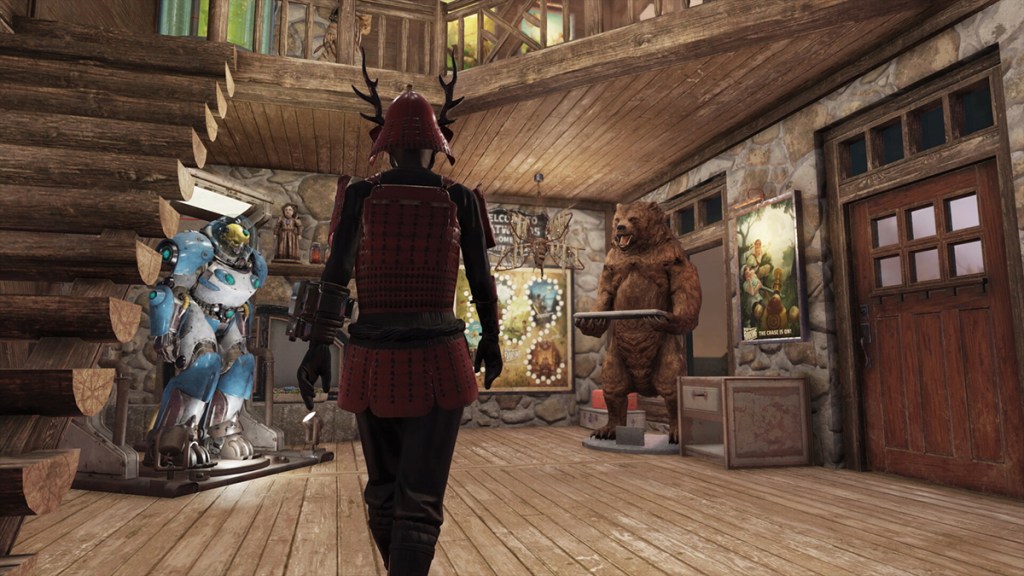
Image via Bethesda Softworks
After chewing through all the information presented by Todd Howard and his team as they tried to explain what the hell Starfield really is underneath all its complex systems, it has become abundantly clear that Starfield was designed with the most hardcore BGS enjoyers in mind. That means doubling down on modular systems and procedural stuff that could hold entire games on their own if given enough time and resources. At the core of the experience, we’ll still find a traditional Bethesda RPG, but it’s remarkable how much time everything else took up during the presentation.
Looking at what people are saying online and how the preorders are blowing up on digital platforms such as Steam despite the game being available day 1 on Game Pass, we can safely say tons of players are vibing with the ideas presented by Starfield, which couldn’t be further from the average modern open world full of hand-made but bloated content. Don’t get me wrong — Starfield looks probably too big for its own good, but it’s hard not to feel attracted by the amount of creative power and choices being put in front of the players for creating their own story instead of crossing tasks off a list.
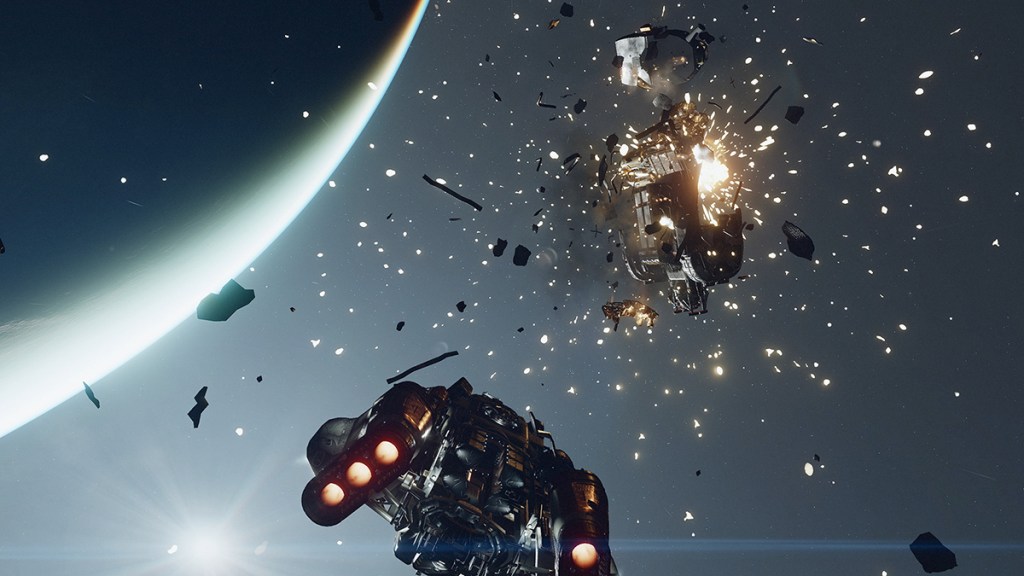
Image via Bethesda Softworks
Going back to Tears of the Kingdom, we find ourselves looking at one of Nintendo’s bestselling releases ever, so it’s obvious the “screw traditional structure, go off and chart your own adventure” approach is paying off. Again, I wholeheartedly believe Tears of the Kingdom has a much meatier narrative than Breath of the Wild, yet it also paradoxically encourages players to ignore the main objectives and the story’s urgency for as long as possible.
After Elden Ring applied some of that design philosophy to FromSoftware’s biggest game world ever (also to great critical and financial success), it appears that the latest The Legend of Zelda entry and Bethesda’s long-anticipated new IP will reshape the future of AAA open-world games into something that is less of a massive attraction park and more of a spontaneous playground.


